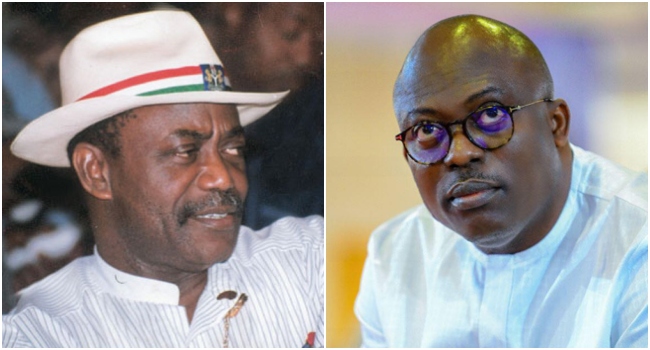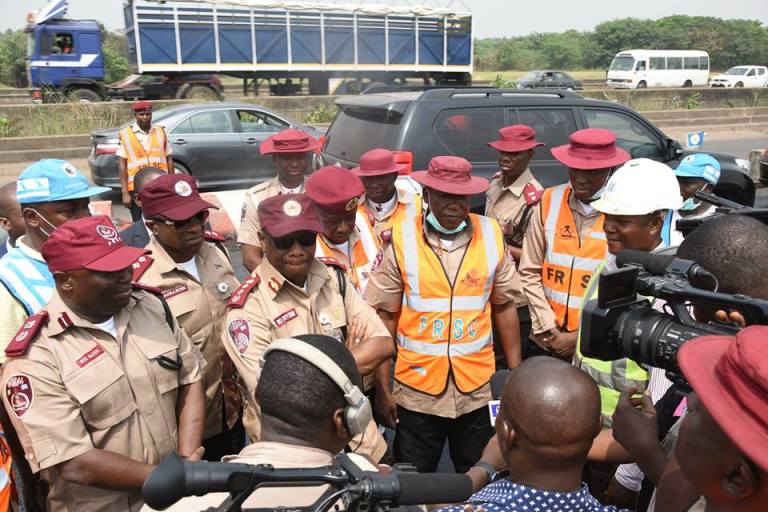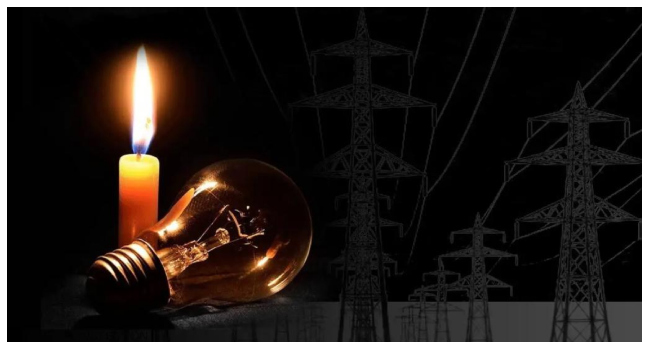The Chairman, National Drug Law Enforcement Agency (NDLEA) retired Brig. Gen. Buba Marwa, on Monday in Abuja, unveiled the National Drug Control Master Plan (NDCMP) targeted at tackling drug trafficking and abuse in the country.
The News Agency of Nigeria (NAN) reports that the five-year plan which would run from 2021-2025, was produced with the support of the United Nations Office on Drugs and Crime (UNODC), civil society organisations and other key stakeholders.
It was a major update of the three previous national plans, which were largely not fully implemented.
Marwa, represented by the NDLEA Secretary, Mr Shadrach Haruna, said that the plan would address the drug problems in the country and its associated consequences.
He explained that the master plan was built on four major pillars to address the drug issues in a comprehensive, balanced, human rights-focused and gender-responsive manner.
The four pillars include Drug Supply and Demand Reduction, Access to Controlled Medicines for Medical and Scientific Purposes as well as Governance and Coordination.
“All these addresses the drug issues in a comprehensive, balanced, human rights-focused and gender-responsive manner.
“Aside from its functionality, NDCMP 2021-2025 is symbolic of the continuity and advancement in the effort of the Nigerian government to address the evolving drug situation.
“It is the outcome of two years of coordinated, collaborative and multi-agency efforts comprising experts from all the relevant Government Ministries, Departments and Agencies,(MDAs) as well as Civil Society Organisations (CSOs)
“An effective campaign against the production, trafficking and abuse of illicit substances requires a result-oriented, proactive and all-encompassing Modus Operandi that is consistent with globally acceptable practices and standards, ” he said.
The NDLEA boss said that NDCMP 2021-2025 provided the needed flip concerning strategic direction, effective prioritisation, collaboration and inclusiveness of all relevant partners and stakeholders.
He said “I wish to unequivocally state that I do not doubt that the mechanisms, methodologies and strategic outlines of NDCMP 2021–2015 would help.
“When they are implemented, we would substantially win the war against abuse and trafficking of controlled drugs and illicit substances.
“Also, with the expected active support and collaboration of all stakeholders, we would, in addition to drastically reducing the drug scourge, also effectively mitigate the harm caused by the abuse and trafficking of illicit drugs.
“Our ultimate objective is to promote the health, security and wellbeing of all living in Nigeria, ” he said.
Marwa said that the document was the roadmap to achieving those goals, adding that the NDCMP 2021-2025 was the steering wheel for all the drug control campaigns currently going on in the country.
He said that the document not only addressed germane issues, but also filled the identified gaps in the ongoing responses.
Speaking, the Attorney General of the Federation, Minister of Justice, Abubakar Malami, who launched the document, said that it was central to Nigeria’s approach to tackling the menace of drug abuse.
Malami, who was represented by Mr Biodun Aikhomu, said that the present administration was committed to decisively deal with the problem of drug abuse in the country.
The Country Representative of UNODC, Mr Oliver Stolpe, hoped that the master plan would have more impact than its predecessors.
Stolpe expressed confidence in the leadership of the NDLEA as well as the agency’s partners in tackling the problem of drug abuse.
The Minister of Youths and Sports Development, Mr Sunday Dare, said that the country’s future was imperiled except the growing menace of drug abuse was checked.
Dare said that the launch of the master plan was of serious significance in the battle against the devastating effects of drug abuse.
Also, the Minister of Women Affairs, Dame Pauline Tallen, expressed worry over the growing drug addiction among women and girls.
Tallen said that it was a dangerous trend that should be halted, “as the country cannot make any progress except the problem of drugs abuse is addressed”. (NAN)
NDLEA unveils National Drug Control Master Plan, pledges effective implementation
Post Date : December 7, 2021






